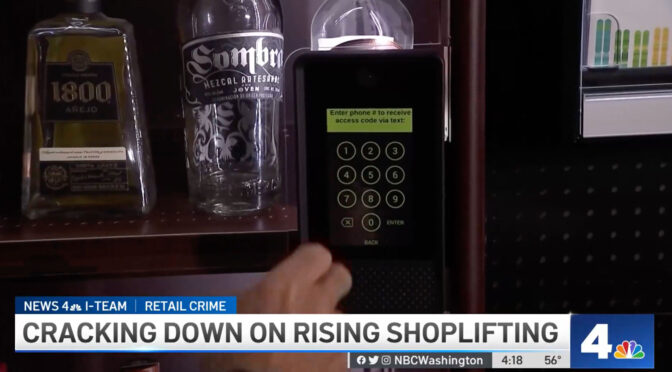Retail shrink, or company inventory lost to causes other than sales, has risen to an unprecedented level, causing some of the trade’s biggest corporations to implement extra in-store anti-theft devices at the risk of losing customers.
In recent months, The Takeout has explored several increasingly stringent tactics retailers are using to prevent theft, each of which make shopping a more punishing experience in their own way. ALDI is trapping basic goods like cheese and meat in lockboxes and outfitting them with the kind of security tags usually reserved for 50″ TVs. Grocery stores are putting sensors on carts so they lock up if you try to leave without going through the checkout lane (even if you didn’t find what you wanted and your cart is therefore empty). And some stores are taking away shopping baskets altogether.
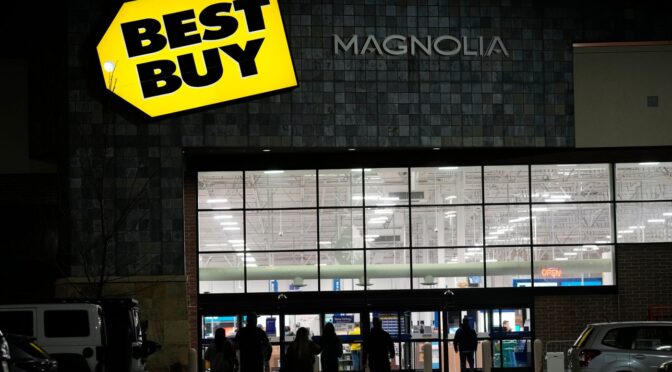
With theft attempts elevated from prepandemic levels, stores are grappling with how to stop the problem without turning off shoppers and investors. Shoppers are finding more empty space on store shelves, but not because the retailer is out of stock. In many cases, the items are locked away to prevent theft.
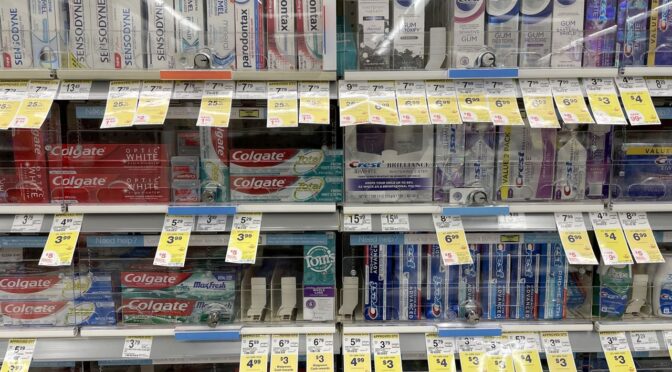
These days, it feels like many stores are fortresses. Most of the products on the drug store shelf are behind lock and key, even everyday items such as deodorant, toothpaste, candy, dish detergent, soap and aluminum foil. Manufacturers that supply lock cases and devices to chain stores have seen their businesses boom.
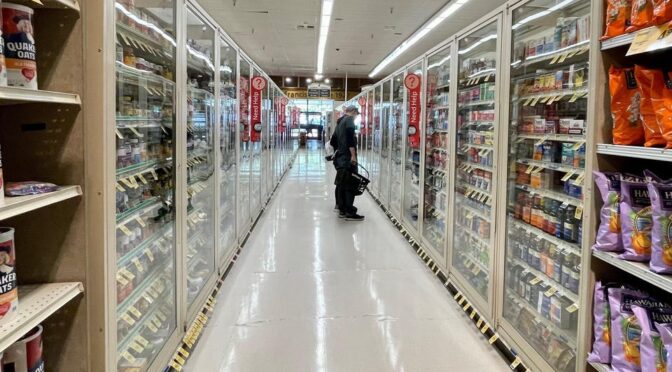
When 29-year-old Jonnai Jones ran out of Aveeno face wash, she headed to the nearby Walgreens in Irvington, New Jersey, to pick some up. The bottle, like many other products, was locked up, forcing her to wait in line and ask an employee at the register to go unlock it and let her buy it.
“The waiting was an inconvenience,” said Jones, who usually tries to remember to reorder products on Amazon before she runs out. “When I do pop in the store in person it’s because I need the item right away.”
Artificial Intelligence is emerging as a critical tool in the digitalization of brick and mortar retail stores. The rise of machine learning has unlocked a wide array of new applications to enhance the customer experience, optimize costs, and drive automation, especially with respect to in-store visual monitoring & surveillance. AI has both increased the pace of innovation in retail, and dramatically reduced the cost to implement these new and emerging solutions.
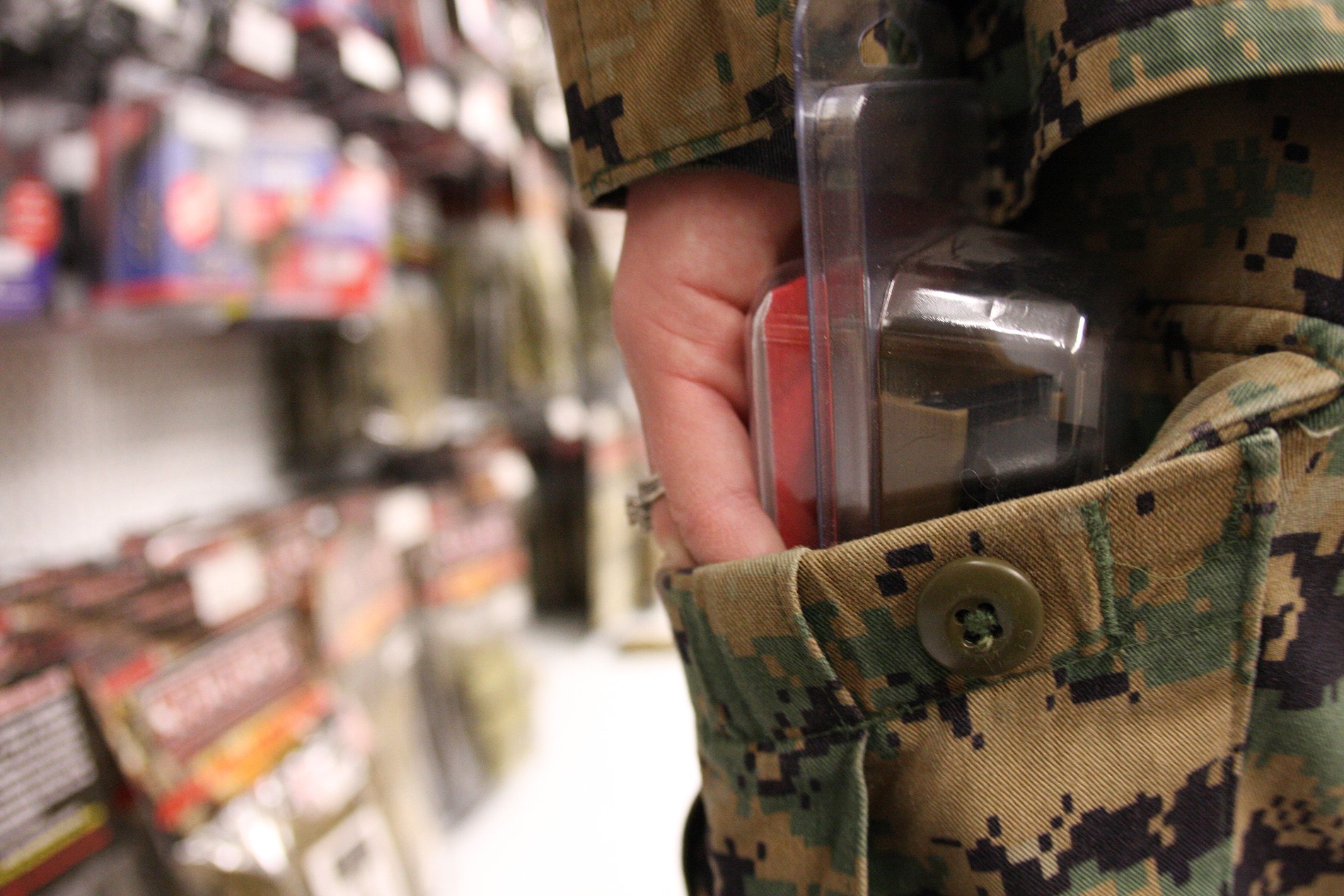
SAN DIEGO – Shopper engagement and loss prevention technology company Indyme Solution, LLC is rolling out a device designed to remind shoppers to practice social distancing amid the coronavirus (COVID-19) pandemic.
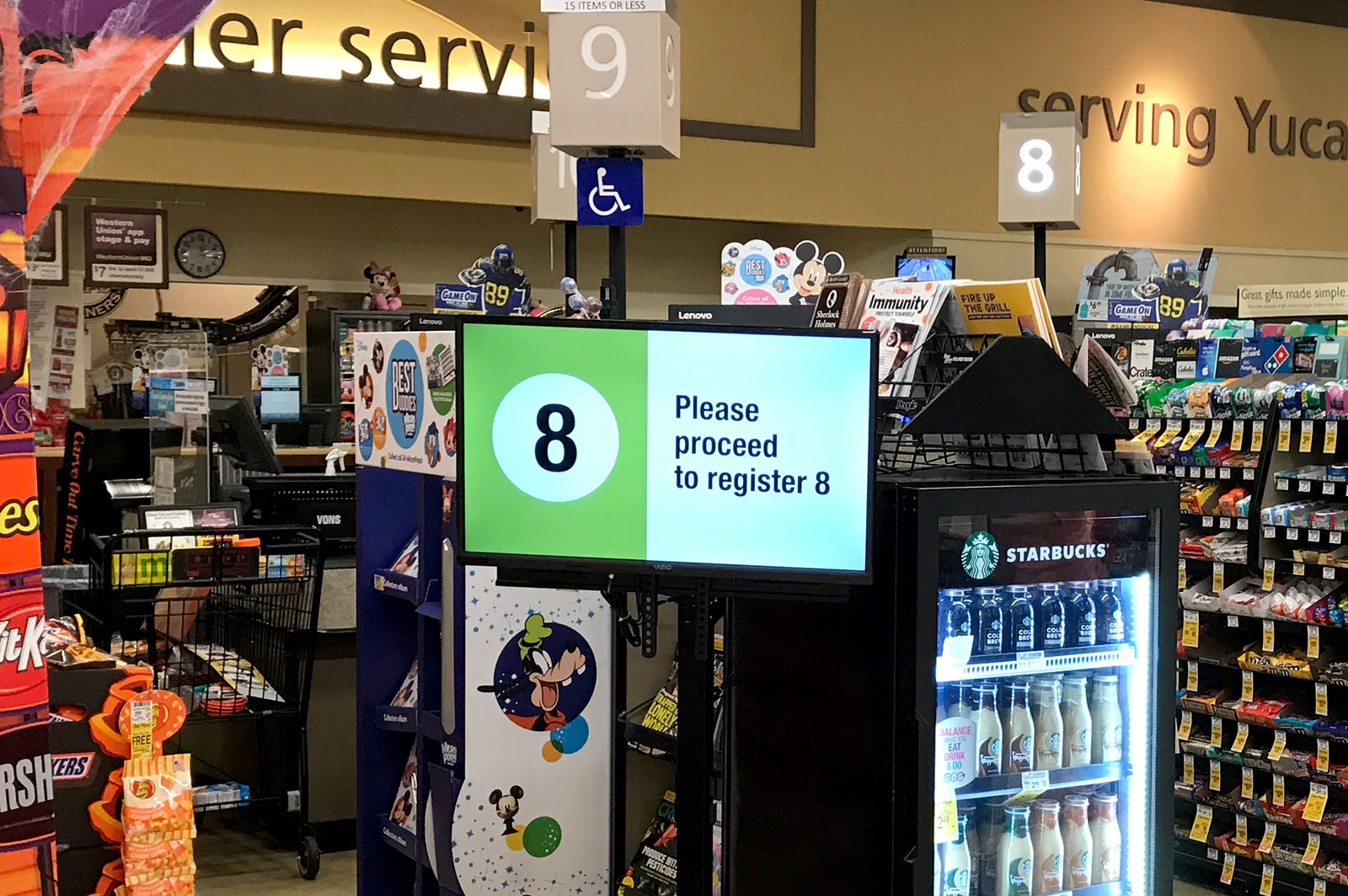
The threat of coronavirus is changing the way retailers handle in-store traffic, with many stores limiting the number of shoppers who can be inside at any one time. With social distancing guidelines constantly in flux, retailers are turning to location technology and machine learning to help make shopping safer for both customers and employees.
Show New Yorkers a checkout line and they’ll tell you whether it’s worth the wait. Starbucks at 9 a.m.? Eight minutes, head to the next one down the street. Duane Reade at 6 p.m.? Twelve minutes, come back in the morning. But now a relative newcomer to Manhattan is trying to teach the locals a new rule of living: the longer the line, the shorter the wait. Come again? For its first stores here, Whole Foods, the gourmet supermarket, directs customers to form serpentine single lines that feed into a passel of cash registers. Banks have used a similar system for decades. But supermarkets, fearing a long line will scare off shoppers, have generally favored the one-line-per-register system
Fingerprint identification had once been the most widespread biometric technology around the world. However, many argue that this technology has quite a lot of shortcomings.
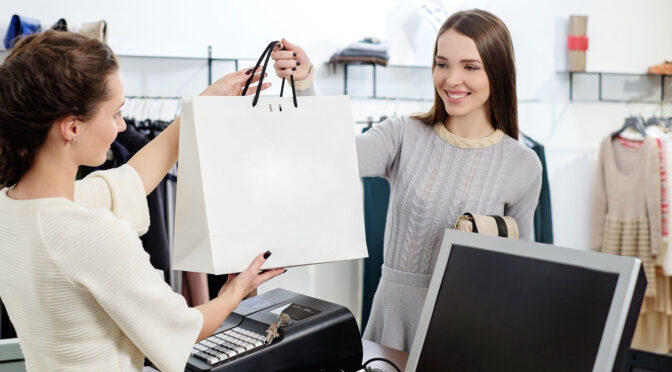
As retail finds its footing after being upended by the effects of COVID-19, most in the industry are anticipating lasting changes in the way consumers shop — and thus the way merchants will need to serve them.
A new survey reveals anxieties and expectations consumers have about shopping in stores as COVID-19 restrictions are lifted.
The COVID-19 pandemic has exacted a heavy toll on the U.S. economy following many of the shelter-in-place orders enacted by states beginning in March to stem the spread of the disease. As of May 14th, 36 million American have filed for unemployment due to the coronavirus outbreak.
Few companies could have predicted the global pandemic. Likewise, there wasn’t a corporate guide to the national outcry to the killing of George Floyd and the other forms of racial injustice our society is belatedly confronting.
